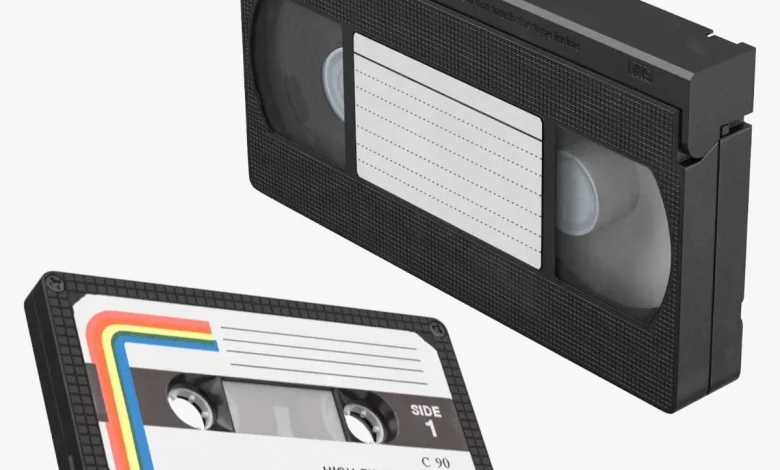Betamax in the Digital Age: Is There Still a Place for Analog Video?


The digital revolution has transformed the way we consume and preserve audiovisual content. Formats that once reigned supreme, like Betamax, have been cast aside in favor of more advanced technologies.
Despite this, analog video formats still hold sentimental value for many, and it’s important to ensure that the memories they contain are not lost.
In this article, we’ll explore the appeal of analog video, the rise of digital video, the convenience of digital transfer services, and the place of Betamax in today’s digital age.
The Appeal of Analog Video
Analog video formats like Betamax have a unique charm that digital video cannot replicate. They offer a sense of nostalgia and a tangible connection to the past that is absent in today’s streaming services and cloud storage world.
The grainy, slightly distorted images captured on analog video have a certain warmth and character that can evoke powerful emotions and transport viewers back to a simpler time.
Additionally, the tactile nature of physical tapes makes them feel more personal and intimate than digital files.
The Rise of Digital Video
Digital video has rapidly become the dominant format for capturing and sharing content as technology advances. Digital video offers numerous advantages over analog, including:
- Improved image quality: Digital video offers higher resolutions, sharper images, and more accurate color reproduction than analog video.
- Greater storage capacity: Digital files take up less physical space than tapes, making storing and organizing extensive content collections easier.
- Easy editing and sharing: Digital video can be quickly and easily edited, allowing for greater creative control and the ability to share content with others instantly.
- Increased durability: Digital files are less susceptible to physical damage and degradation, ensuring that content remains preserved for extended periods.
Betamax’s Place in the Digital Age
Despite the many advantages of digital video, Betamax tapes still have a place in the hearts and minds of those who grew up with them.
For many, these tapes contain precious memories and irreplaceable moments that deserve to be preserved and enjoyed in the future. With the help of digital transfer services, it’s possible to breathe new life into old Betamax tapes and ensure that their content is accessible for generations to come.


Digitizing Betamax tapes not only preserves the content they contain but also allows for greater flexibility in terms of sharing and enjoying these memories. Digital files can be easily transferred between devices, uploaded to social media, or incorporated into creative projects, making reliving and sharing the moments captured on analog video easier.
If you’re looking to digitize your Betamax tapes, many professionals can help you do it, saving you time and cost if you don’t have the necessary equipment. If you’re looking for a recommendation, I would suggest Capture, a company that I have had a positive experience with.
Capture offers a reliable solution for transferring analog content to digital formats. By choosing to digitize with Capture, you can be confident that your cherished memories will be treated with care and preserved using the latest technology, ensuring that they remain accessible and enjoyable for years to come.
Conclusion
The digital age has undoubtedly changed how we capture, store, and share audiovisual content. However, that doesn’t mean we should forget the value and charm of analog video formats like Betamax.
By taking advantage of digital transfer services, we can ensure that the memories and moments captured on these tapes are not lost to time but rather preserved and enjoyed in a format that seamlessly syncs up with today’s technology.
So, while Betamax may not be the go-to format for capturing new memories, its place in the digital age is still significant. Through digitization, we can continue to appreciate the unique qualities of analog video while enjoying the convenience and flexibility of digital media.




